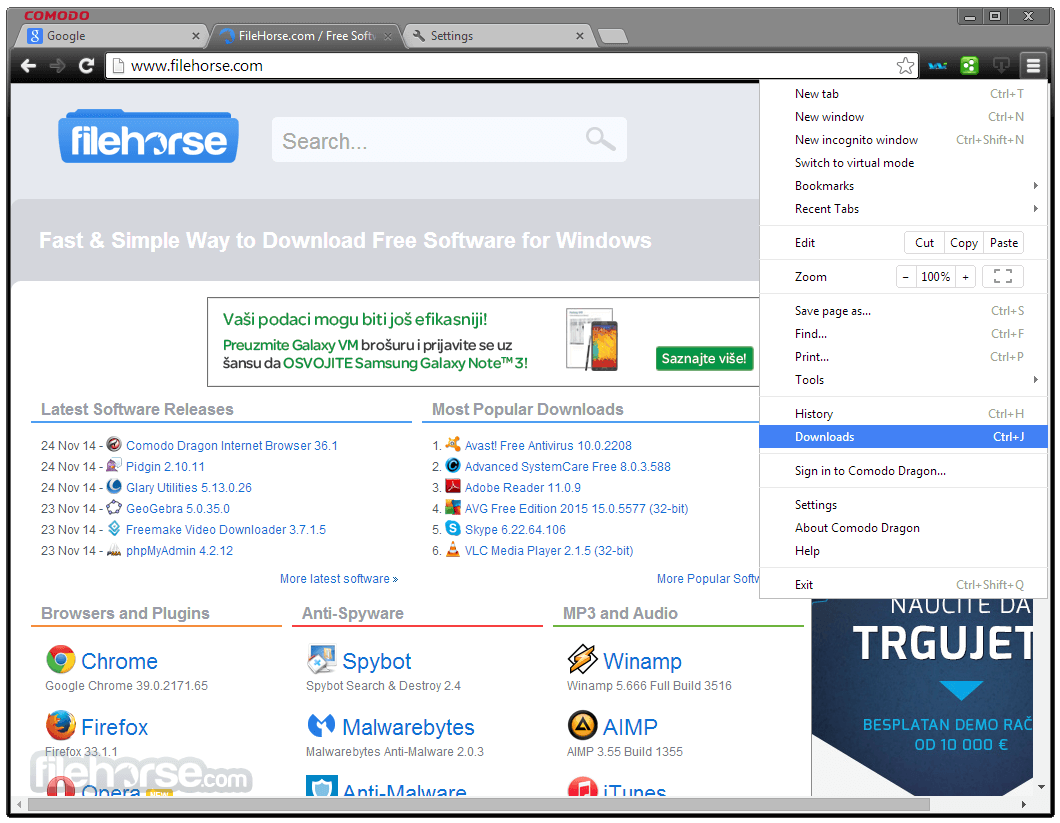

That's why as good as Chrome is on actual security, it scores poorly for privacy. It should come as no surprise that the browser developed by a company whose primary income source is advertising would use the opportunity to collect data.

Still, Google Chrome's privacy intrusions and data-hoovering practices are well known at this point. Has a very small userbase which means easy identification.ĭownload: Dooble for Windows, macOS, LinuxĬhrome has regular updates, performs well in hacking tests, comes with integrated security features, and has won the "Most Secure Browser" section at the annual Pwn2Own hacking competition on multiple occasions (as well as other security awards). Good: Open source, free from Google and other development influence, lightweight, and fast.īad: Can feel outdated in comparison to other modern browsers difficult to find add-ons. Dooble also features on our list of the best open-source browsers, which is worth checking out for other browser options. Interestingly, you can also use Dooble as an FTP client to transfer files to a server or otherwise. The browser receives frequent security and feature updates, too. You'll also note that Flash and JavaScript are disabled as default. Default security and privacy options include ad and tracker blocking, script blocking, encrypted bookmarks and browsing history, encrypted user profiles, sandboxed tabs, and much more. Out of the box, Dooble comes with a strong privacy focus.

Instead, Dooble is an independent development, which is impressive. Epic also provides a false sense of security.ĭooble is a unique entry on this list: it is powered by neither Chromium nor Firefox. Good: Great privacy out of the box, extensive privacy options, blocks the majority of extensions and add-ons, and deletes all session data when you close the browser.īad: Sometimes falls considerably behind with updates integrated privacy features don't always work. The latest version is actually 83.x, while version 84.x is close to release. At the time of writing, Epic uses the Chromium build, which was released sometime in February 2020. One issue is the update frequency of Epic in comparison to other secure browser options. Extensions can come with security issues, create vulnerabilities, and, most of all, breach your privacy (for example, some extensions will reveal your IP address even while using other privacy features). Although Epic is Chromium-based and could allow access to the extensive catalog of Chrome extensions, the developers believe this creates unnecessary risk. Meanwhile, Epic's one-click encrypted proxy hides your IP address and routes your traffic securely.Įpic blocks the majority of browser extensions and add-ons.


 0 kommentar(er)
0 kommentar(er)
